Important Note: Click the speaker icon in the upper, left-hand corner of each image to hear more from Simeon Bruce.
For Simeon Bruce, their three feet around them is their work in the Episcopal church. Bruce works as facilities manager at Holy Comforter Episcopal Church in Atlanta, which helps pay the bills. Over the past few years, they’ve been advocating for the LGBTQIA community in the Episcopal Diocese of Atlanta after losing several transgender friends to suicide.
“Essentially I feel like I’m compelled to do this work because I can’t do nothing,” Bruce said.
Why It’s Newsworthy: The numbers of nonbinary people are growing, but the majority still don’t know who they are. In turn, nonbinary people have faced discrimination through hate crimes and even federal policies.
In late June 2015, the Episcopal Church gathered for their triennial General Convention in Salt Lake City, Utah, to do “the business of the church,” as Deborah Silver, director of Safe Church Programs at The Episcopal Diocese of Atlanta, put it.
At the convention, the Church put together a task force to look at updating Safeguarding God’s Children policies, a training for adults who work with young people in the Episcopal church. The task force was part of an initiative to be more inclusive of LGBTQIA as well as differently abled children and youth.
However, while the Episcopal Church came out with new model policies, it didn’t come with new training methods. Silver said the most recent Safeguarding curriculum is dated back 15 years.
“Rather than waiting years for that to come out, we said, ‘let’s just do it,’” Silver said, “and maybe we can help other dioceses do the same.”
Silver headed up a Diocesan Safe Church Task Force for Atlanta, and that’s when she asked Simeon Bruce for help. Bruce is a nonbinary Episcopalian, and a member of All Saints Episcopal Church, where they’ve attended church since their undergrad years at Georgia Tech in Atlanta.
“She reached out and said, ‘Hey I want to bring you on. I want you to do this work in this Diocese,’” Bruce said. “So, honestly without Deborah Silver, I would not have had essentially any platform whatsoever to do this work that I’ve been doing. It’s really her as a person—as an ally with some power, leveraging that power to put people in this community and who are being affected by what’s going on in front of a microphone.”
Since then, Bruce has developed and led a training called Ministering Beyond the Binary as well as worked on the diocesan task force to revise the Safeguarding training to be more inclusive.
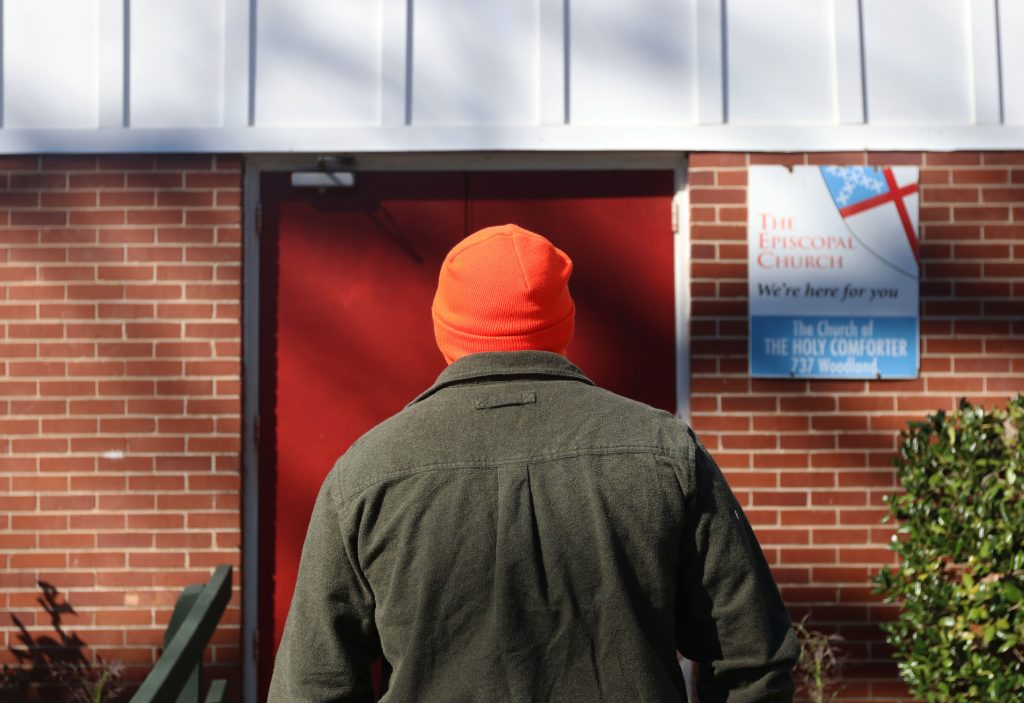
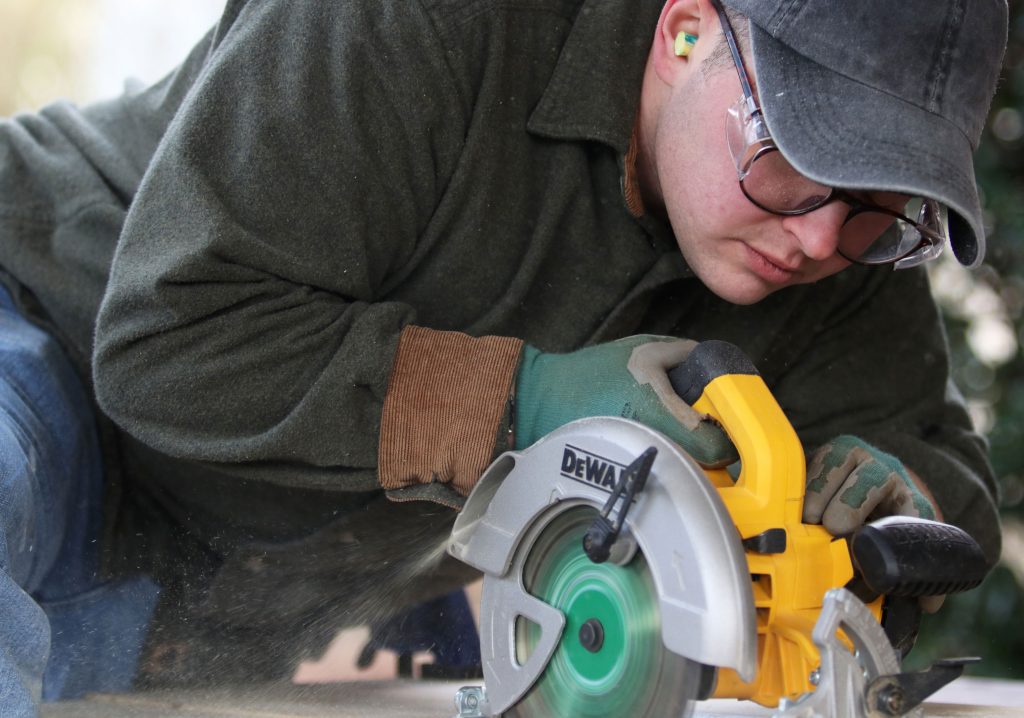
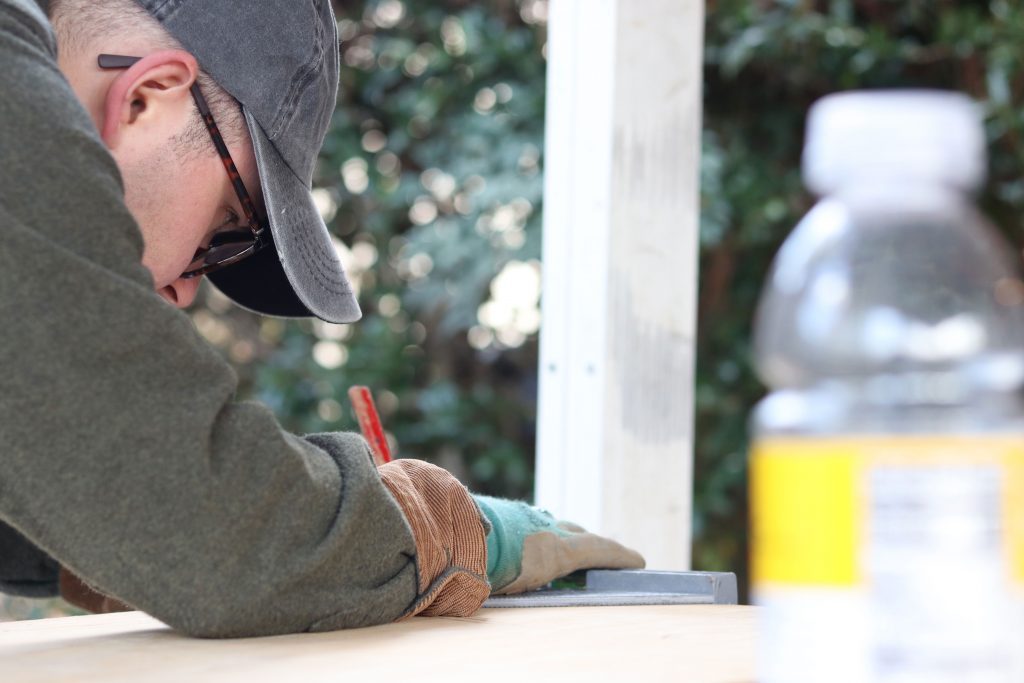
“We’re recognizing, as Simeon has pointed out to us, that this is really lifesaving,” Silver said. “The statistics are so high for LGBTQ youth suicide rates, particularly trans children and youth. I think the church can really be a sanctuary.”
The 2015 U.S. Transgender Survey reports that 40 percent of respondents have attempted suicide in their lifetime, and younger respondents were more likely to have attempted within the past year. This number is almost nine times larger than the U.S. population suicide rate of 4.6 percent.
Part of acting as a sanctuary to the LGBTQIA community is accepting and affirming all people, which Silver said is rooted in Christian theology and emphasized in this new Safeguarding training.
“Our training is grounded in a more expansive view of our baptismal covenant – to respect the dignity, or to safeguard the dignity of all,” Silver said, “and so it’s raising people’s consciousness about what does it mean to address the needs and concerns of our LGBTQ as well as differently abled children and youth.”
Reach of Trainings
Safeguarding training sessions max out at around 30 people, and Silver said they usually have that many participants.
Part of this 30-person training includes small group work with case studies, two of which focus on LGBTQIA as well as differently abled kids and youth. Silver said she believes giving people the space to talk through potential circumstances has been extremely helpful.
“Two of our trainers are mothers of trans children. Hearing from them I think really can be transformative – that this isn’t just an abstract. This is real,” Silver said. “To hear their story about how their trans daughters have been accepted by their home parish and welcomed is just amazing.”
Lesley (she requested that her last name not be included) is a mother of two children, and her daughter is transgender. Her family attends St. Andrews in the Diocese of Atlanta, where they’ve been members since 2008.
Even before Lesley and her husband had kids, she said they were very conscious about the efforts that the Episcopal church was making to be more inclusive of all people.
When Lesley’s daughter transitioned at the age of nine, the place her daughter felt most comfortable, after home, was St. Andrews.
“She got nothing but love and acceptance and support from day one there,” Lesley said.
Today, Lesley is one of the Diocese’s Safeguarding trainers, and she said she believes that it’s important for people to see that LGBTQIA inclusion is not just theoretical but personal.
“I’m very proud to be a part of the Episcopal Church and to know that we are doing our best,” Lesley said. “Obviously we’re not perfect, but to know that we’re doing our best, and especially in the Diocese, I think that we’re doing the work to really live out what we say we believe.”
Another mother to two queer children in the diocese said her family is aware that not all churches are as accepting as their parish in the Diocese of Atlanta.
“My kids grew up in a more traditional setting, and we moved to the Episcopal church,” she said. “I think part of the reason my daughter was able to transition was because it wasn’t safe for her when we were in that other context, so even though she hadn’t completely come out to herself, part of that was because she couldn’t.”
Part of her sphere of advocacy for LGBTQIA youth as a mother extends to her involvement in parent groups that specifically target people who attend non-affirming churches. She said these groups are spaces filled with several people who feel as if they can no longer go to their tradition for support.
“The assumption of their families is ‘Of course your church isn’t going to affirm you,’ and ‘Of course you’re going to have trauma from your church,’” she said. “That’s the assumption – that kids will have to unpack their shame that their church has given them.”
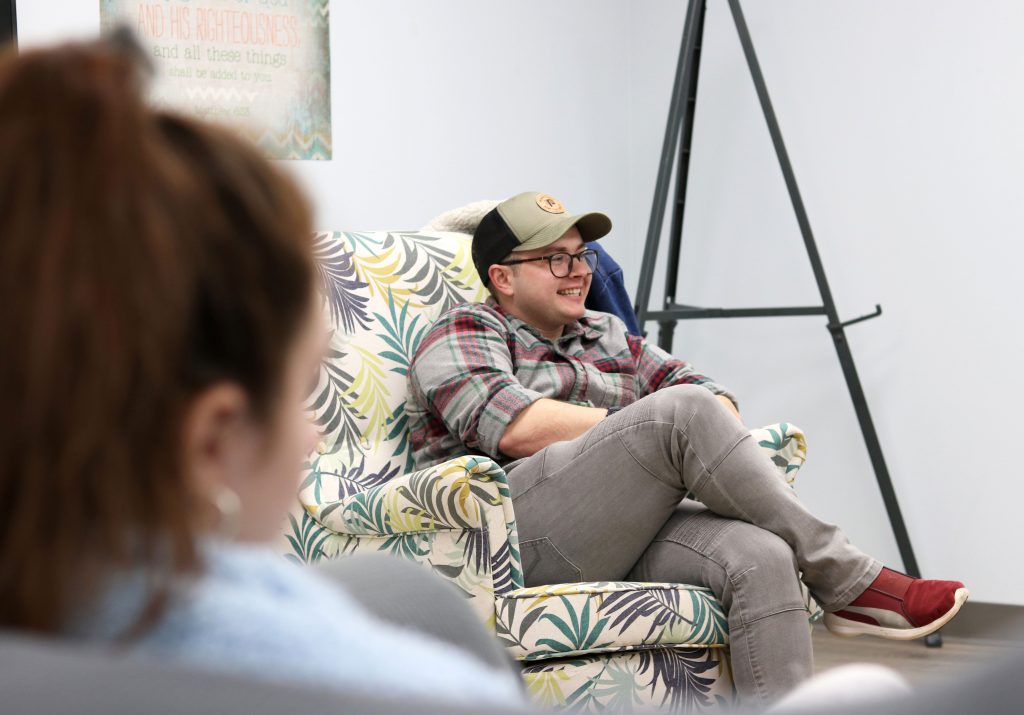
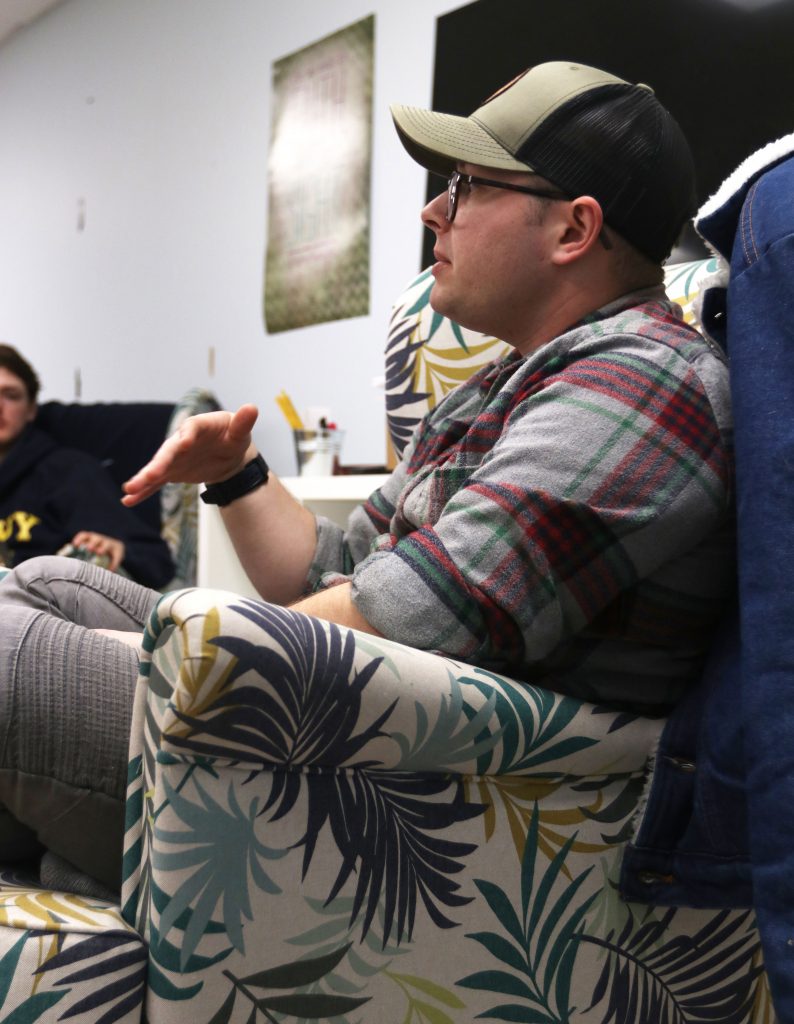
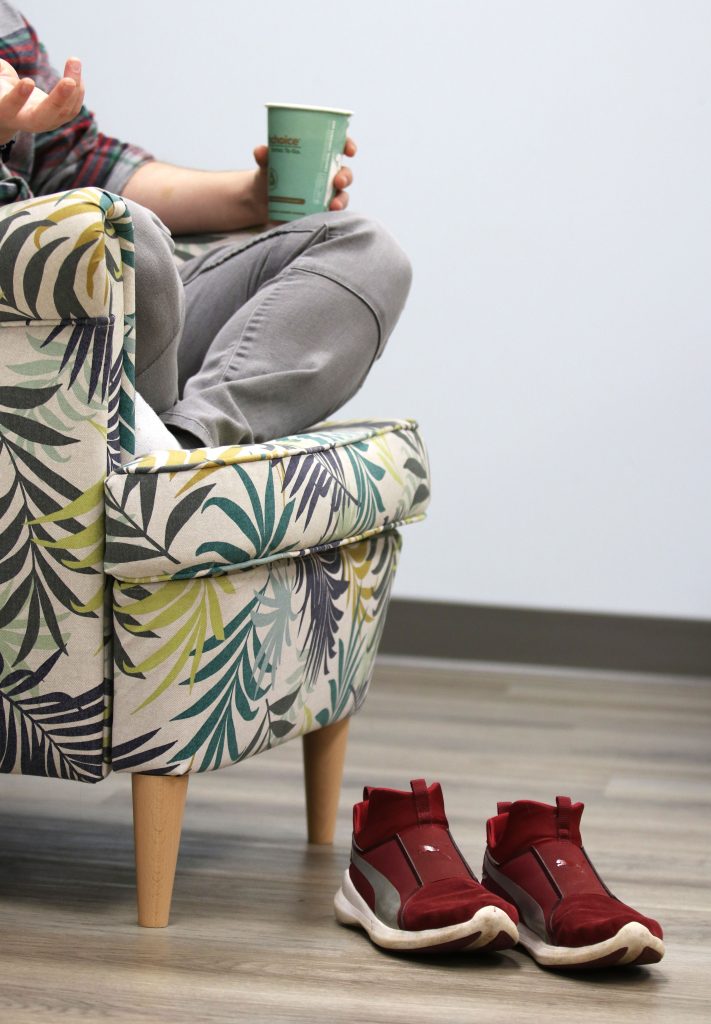
Looking Forward
Thirty people are trained to lead the new model training, which is the greatest number of Safeguarding trainers the Diocese has ever had. And the process has started, with training sessions already scheduled two months out across the Diocese.
“It’s not just talk,” Silver said. “We’re walking the talk, and that’s really important to me.”
Even though the Episcopal Church requires renewal of Safeguarding every three years, the Diocese of Atlanta is also requiring that all clergy in the Diocese receive the new training this year. And in person, too, as there is no online version of this new version.
“I just think you gotta be willing to go out and talk to people about it. I go out and preach about this. That’s the way to get the word out,” Silver said. “It’s not just about issuing statements, you know, or producing policies. You gotta get out there in the trenches because that’s what’s gonna make a difference – that’s what’s gonna change hearts and minds.”
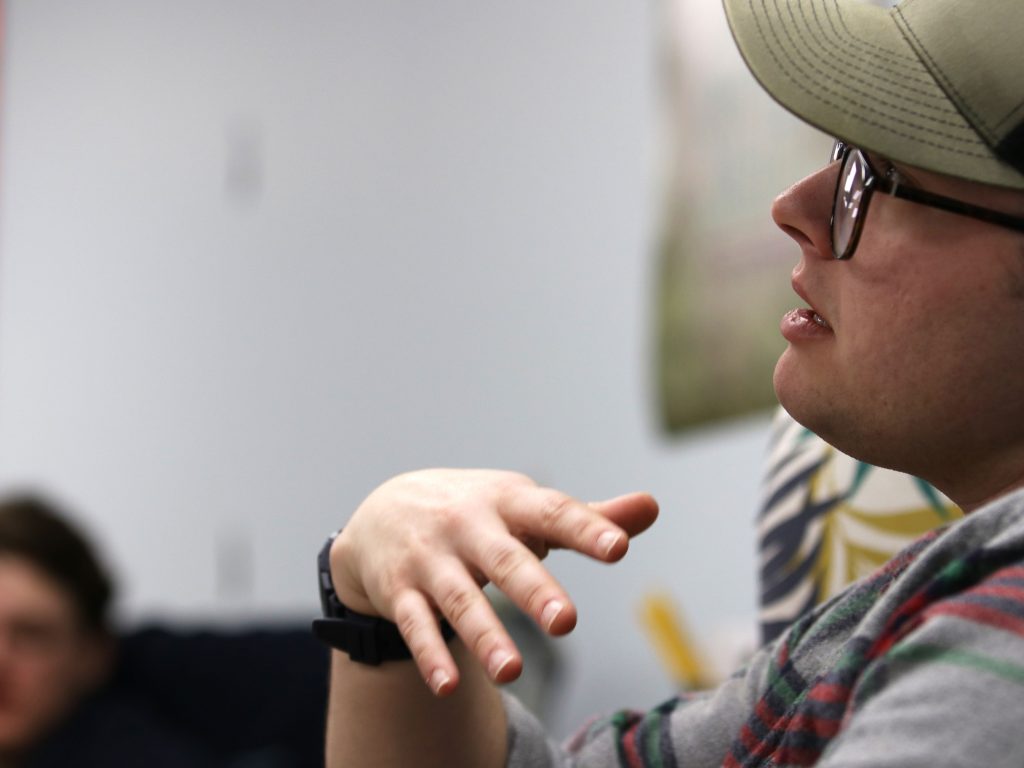
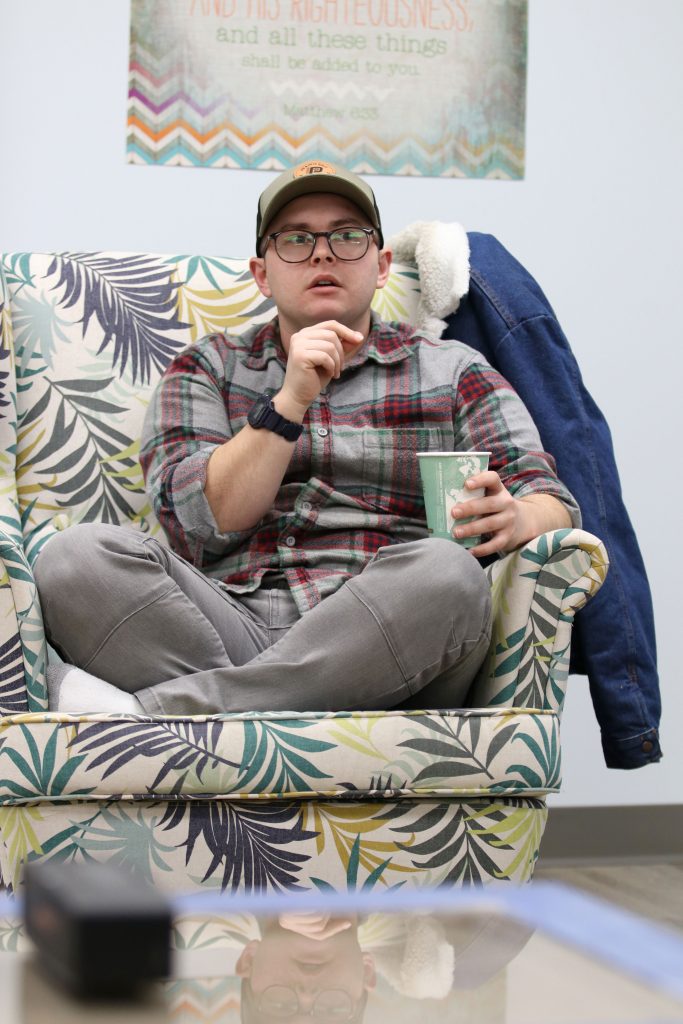
Mary Margaret Stewart is a senior majoring in Spanish in Franklin College of Arts and Sciences and journalism in the Grady College of Journalism and Mass Communication at the University of Georgia.





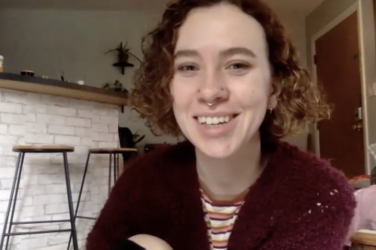
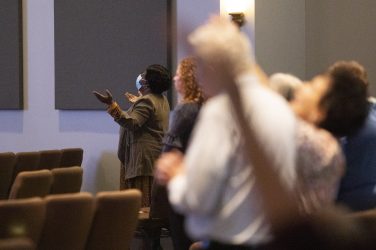

Show Comments (2)
Jason T. Stephens
It is nice move to have this advocacy For LGBTQIA children, Youth Grows In Episcopal Diocese Of Atlanta.